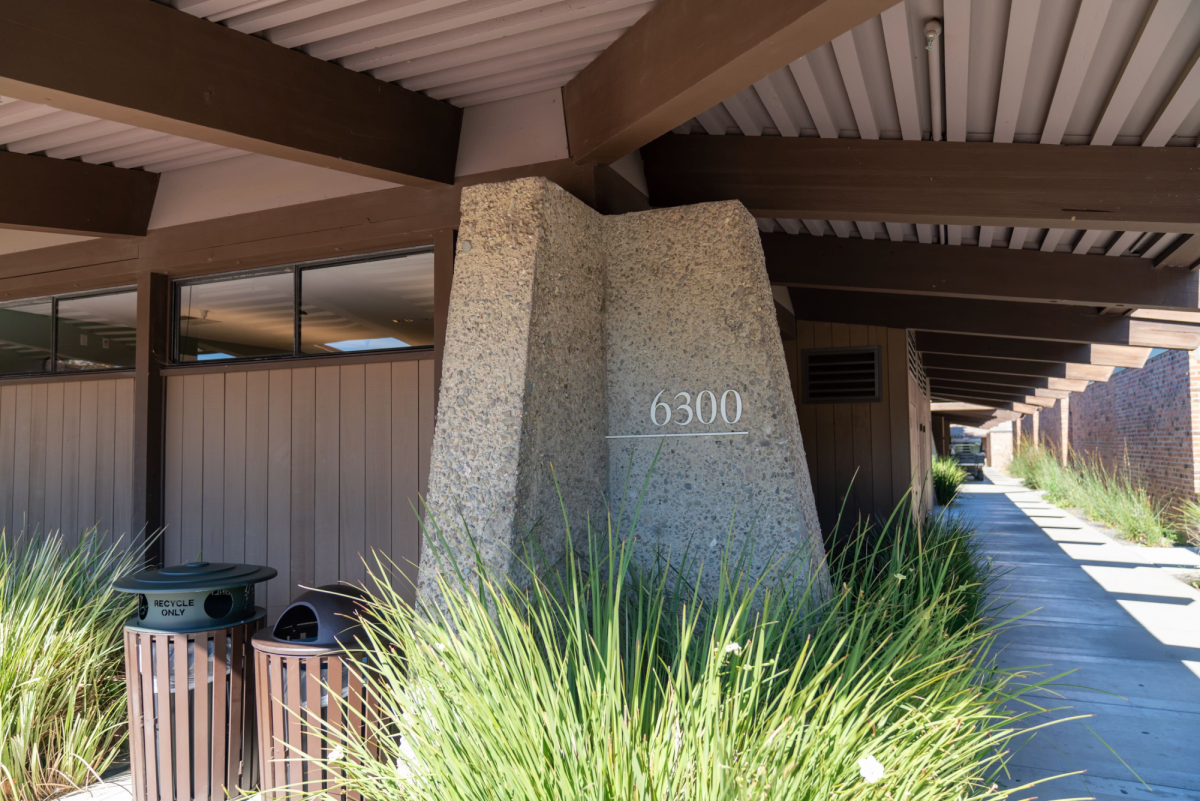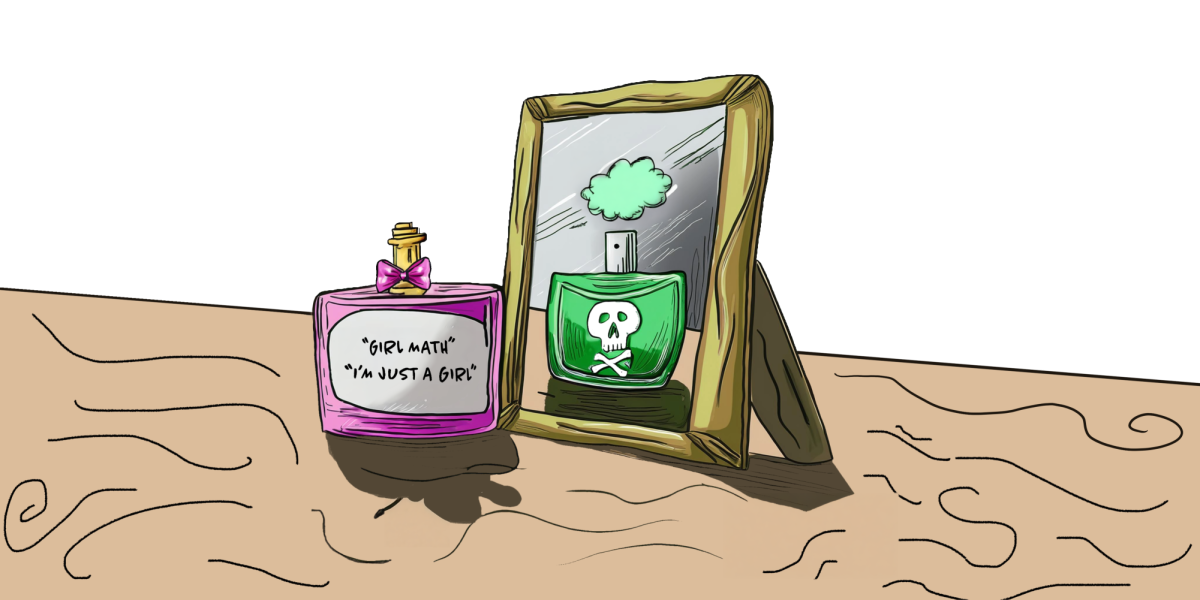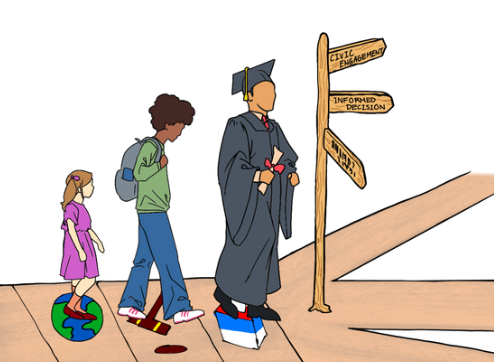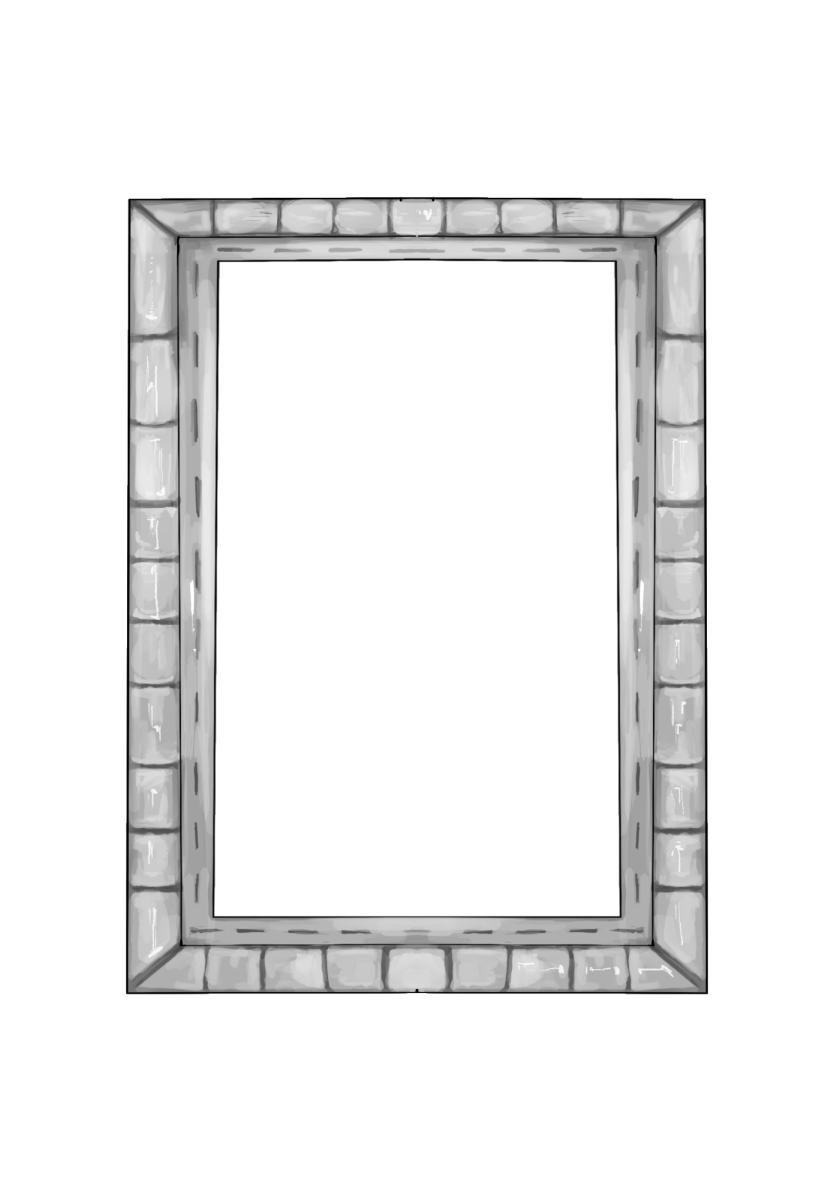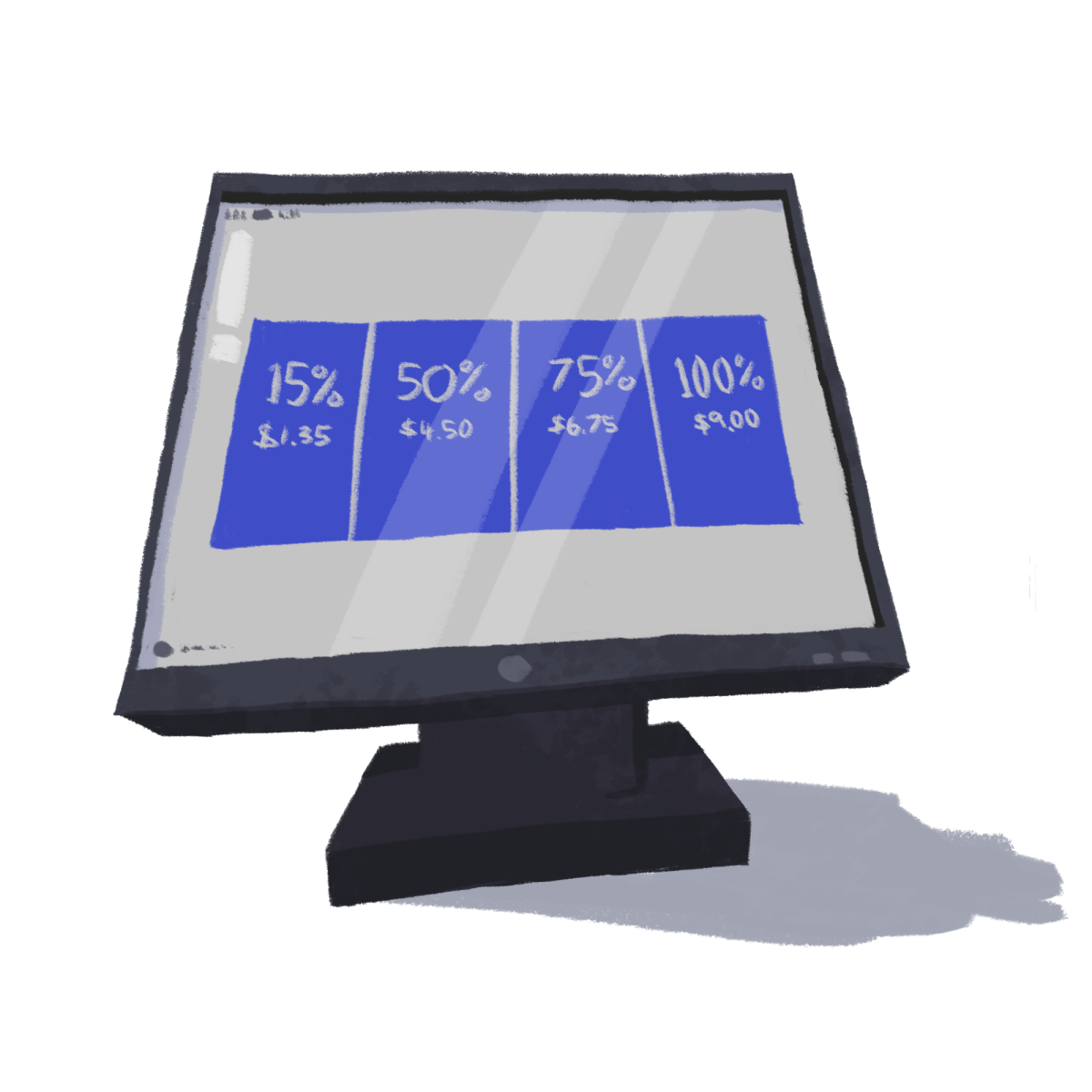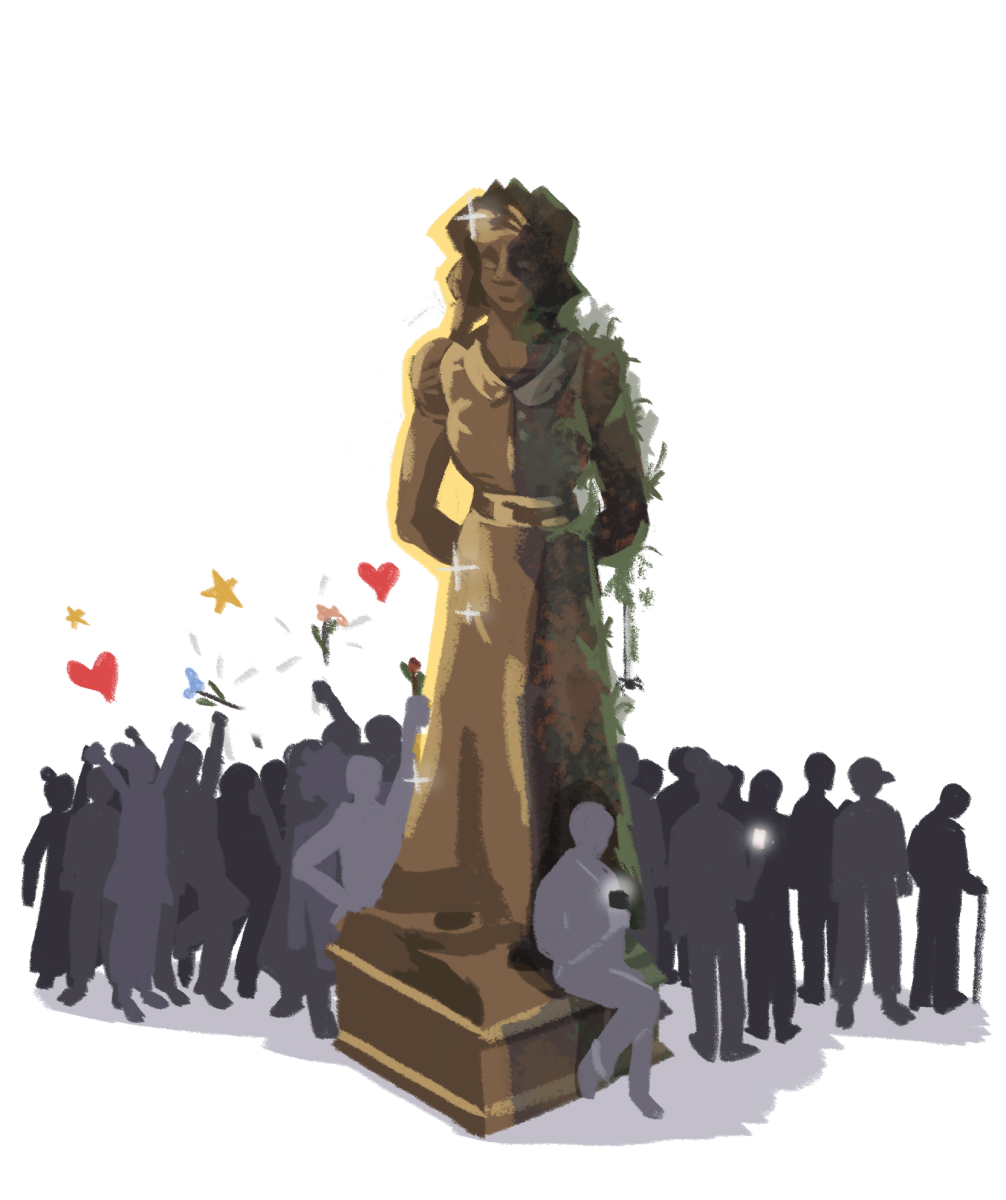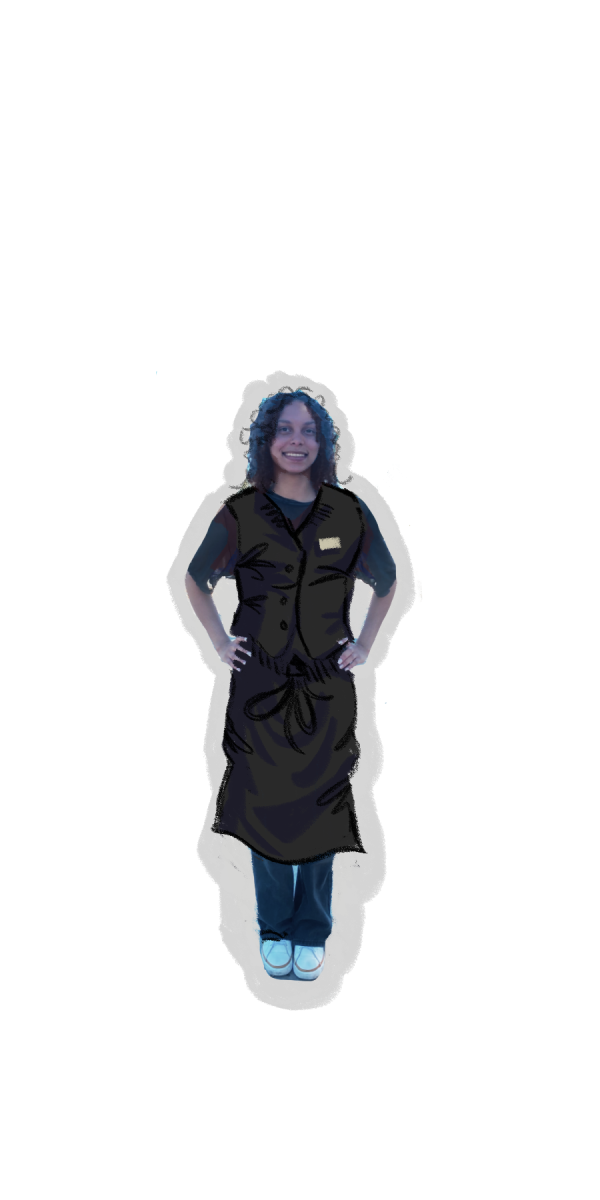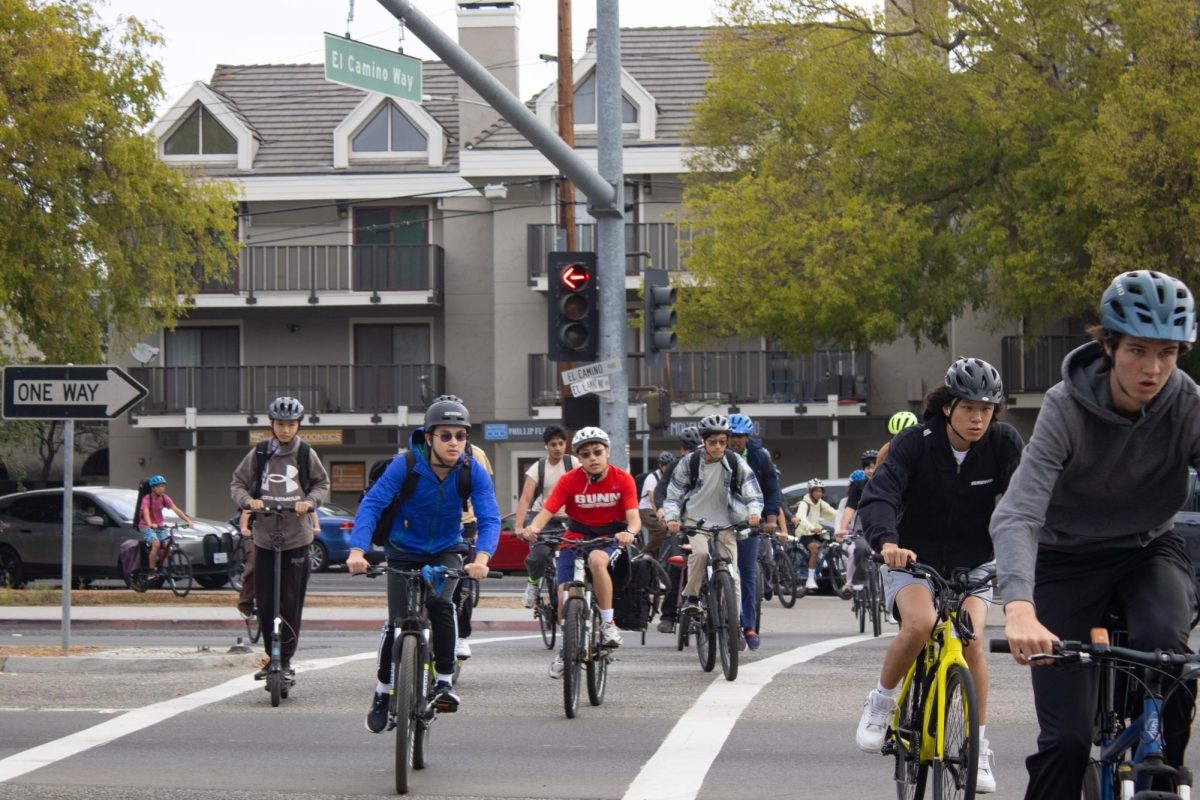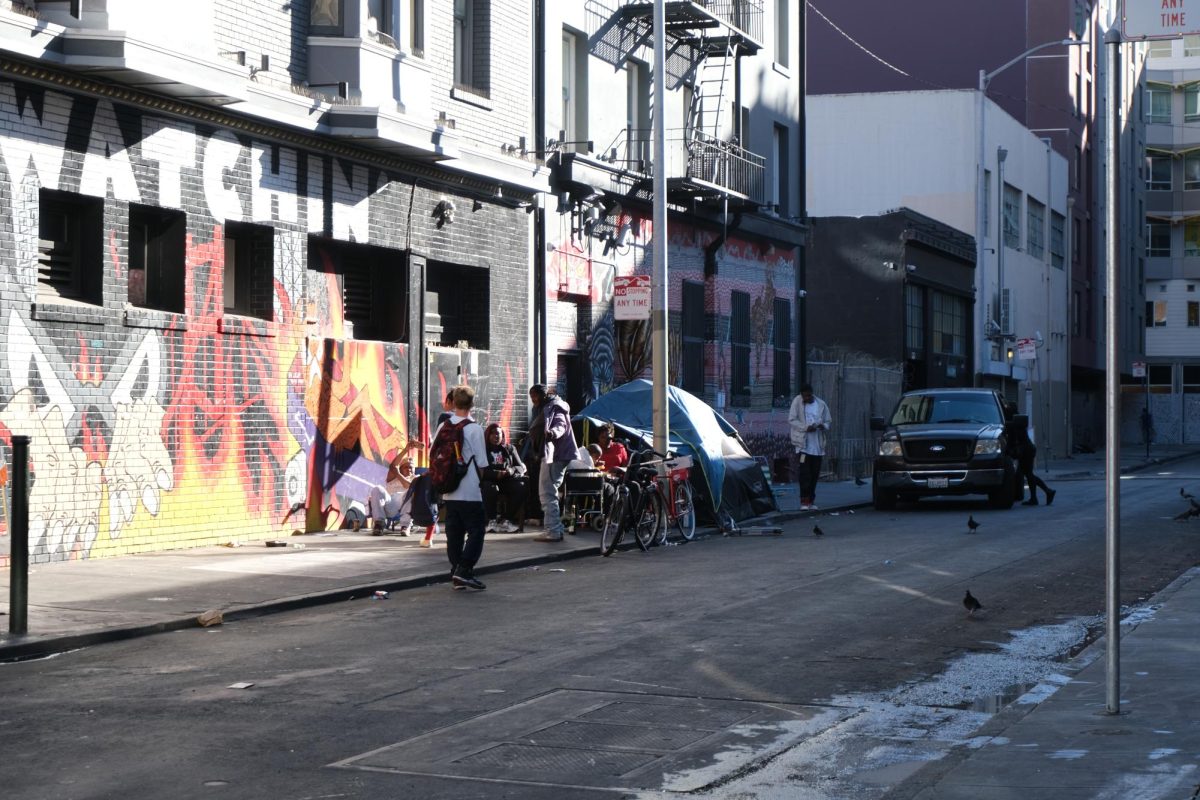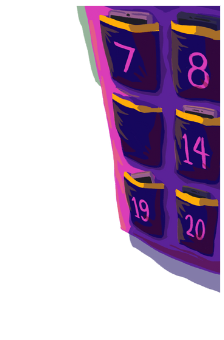From the ratification of the 19th Amendment in 1920 to the passage of Title IX in 1972, continuous progress has been made toward female empowerment. Still, strong stigmas remain around makeup use: Whether women choose to wear makeup or not, they are criticized or stereotyped.
Tracing back to ancient Egypt, where both men and women used cosmetics for cultural and religious reasons, to the Elizabethan age in Europe, where heavy makeup was a statement of wealth and position, makeup has always held a meaning beyond aesthetics. Today, it is a part of everyday life, with many using makeup to bolster confidence and express themselves.
Yet women are often faced with a double bind stemming from societal expectations around how they should look and act. Women who don’t wear makeup are often labeled unprofessional or unkempt, while those who do wear it are called fake or insecure. This impossible standard puts women in a lose-lose scenario, in which they are criticized and judged regardless of what they do.
Such sentiments have proliferated on social media platforms, with phrases such as “one wipe and it’s over” and “take a girl swimming on the first date” implying that women who wear makeup are inherently duplicitous. These posts show photos of women with and without makeup, urging men not to be fooled by their “heavy coverage.” Furthermore, when searching about makeup online, the importance of men’s opinions dominates the conversation: “What makeup do men prefer?” and “Do guys like girls with makeup on?” are frequent questions.
Beauty stereotypes are not unique to social media platforms. Despite gains made since the 1970s toward redefining women’s roles, the beauty industry has largely remained unchanged. In advertisements, makeup products are described as life-changing necessities for women. If a woman goes without makeup on the red carpet, it makes headlines: After the 2023 Fashion Awards, publications from Sports Illustrated to People Magazine covered how actress and model Pamela Anderson attended makeup-free. Furthermore, female characters in TV shows and movies are almost always wearing makeup, making female audiences believe that they too must wear makeup to look presentable and attractive. Women continue to be sold unrealistic ideas about beauty and success.
While these dynamics may seem inconsequential in the larger scheme of things, they wield significant impact in women’s work lives. An analysis from writer Valentina Zarya of a 2016 study by Dr. Jaclyn Wong and Dr. Andrew
Penner found that a “well-groomed woman of average attractiveness makes about $6,000 more annually than an average-looking, averagely-groomed woman. She also makes about $4,000 more than her better-looking, but less put-together coworker.” Another 2016 study by Dr. Viktoria Mileva from the University of Stirling in Scotland found that employers may be more likely to hire women who wear makeup to job interviews.
This phenomenon makes confronting the stigma surrounding a woman’s appearance imperative. Writer Georgia Sullivan, who went without makeup for a month in 2023, wrote in The New Feminist that the “psychological battles and daily rituals were simply not something most men have to deal with. Makeup for men does exist, and some people believe that normalizing men wearing makeup is a good way to fix this gender disparity. Yet I wonder if the most positive thing, the most radical thing, would be to rid ourselves of these insecurities altogether and to instead tell women that they are fine just as they are.”
Far too many women today are accustomed to cultural expectations regarding their appearance. The multibillion-dollar cosmetics industry is a stronghold that will likely remain, as it is profitable and beneficial for stakeholders. Raising awareness about these pressures, however, can help promote change.
Makeup- and non-makeup-wearers alike should be aware of the biases in their daily lives, educating and supporting one another to minimize harm. It is time to educate and support one another to minimize harm caused by the shame associated with makeup. It is time to break the mask and embrace the true beauty of individuality.




